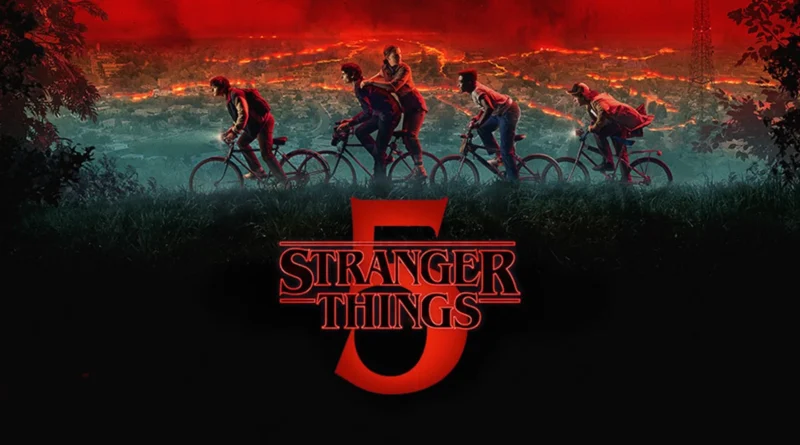Gen Z, Nostalgia, and Stranger Things
I’d wager to say that for a lot of Gen Z individuals, Stranger Things meant a lot to us. One of the first true pop culture phenomena I was apart of, this show was monumental at its peak. In many ways, it felt like the future of television. Back when “Netflix original” wasn’t code for “cancelled after 1 season,” it was synonymous with quality. Orange is the New Black, Daredevil, The Haunting of Hill House are modern classics even though this era has passed. Stranger Things traded on 80’s nostalgia, but now, its trading on your 2010’s nostalgia.
I’m only 21 years young, but that doesn’t mean I’m immune to nostalgia. The reason why I care at all about the next season of Stranger Things, a show I feel has fallen off massively, is because it meant something to me as a kid. It conjures memories of middle school me talking about episodes around the playground, having a crush on Natalia Dyer, and trying to acquire Farrah Fawcett hair spray.
This obsession with the past, though, has worn on me. What I once thought was the future of television is symbolic of everything presently wrong with it. Years long gaps between seasons, trying too hard to be movies, and an offensive reliance on 80’s iconography is just nauseating at this point. I know that’s a cheap shot by now, but its a point that still stands.
What’s most offensive to me is that I’m not excited about the new frontiers the show will explore (its proven its not really into innovating, particularly) but how these characters I loved when I was 12 will turn out. This season, don’t you wanna see Will Byers…do something?
I could go harder on the show, but truly, it doesn’t really deserve it. It has all the hallmarks of previous crowning shows have in their later stages: character bloat, recycled plots, and a lack of innovation. There’s a reason Steve Harrington (Joe Keery) is the show’s breakout star—he’s the only original character! Taking a girl-crazy jock in the direction of a responsible guy with a heart of gold, who takes care of his juniors and accepts his lesbian bestie, is—by a country mile—the most interesting premise of any member of the cast. By contrast, no other character escapes the box that their 80’s archetype makes for them.
(Except maybe Joyce. We love you Winona Ryder.)
What I’m truly nostalgic for is that monocultural power that Stranger Things still has. The internet’s fandoms are so splintered that there isn’t one thing we all have to pay attention to, and therefore, create community around anymore. As sad as it is, Stranger Things is a window into a world, rose-colored as it is, that used to exist. Its a monument to pop culture itself. The part of my heart that loves this stuff worships at it, but the critic in me hates it. Hates how superficial the whole things is, and how they’ve suckered me.
Caring about Stranger Things in the year 2025 makes me feel like the Gen Z equivalent of a Disney Adult.
These characters feels like old friends at this point, as sad as it is to admit. I’m not here to tell you not to watch Stranger Things’ final season, because despite myself, I probably will, too—not because I like what it is, but to remind myself of what it used to mean to me.

